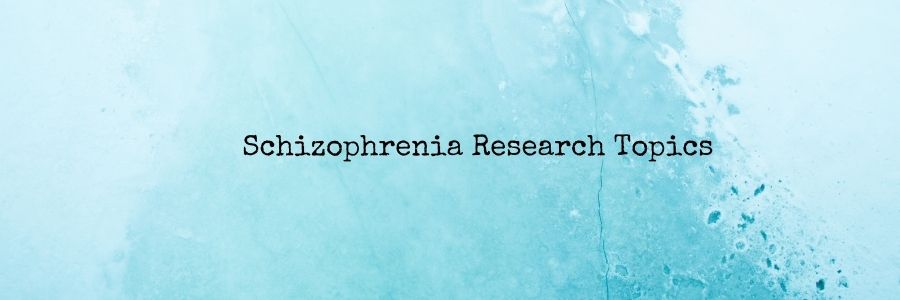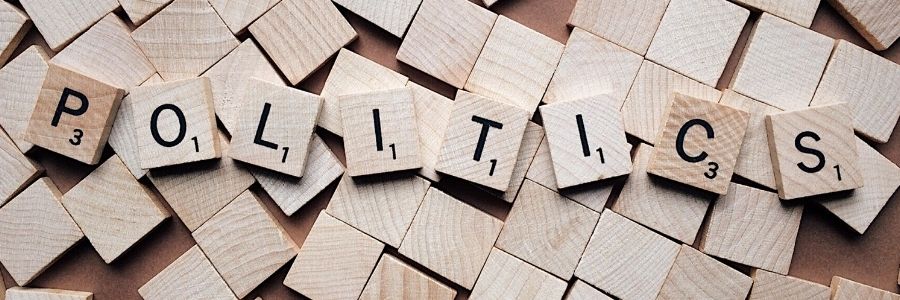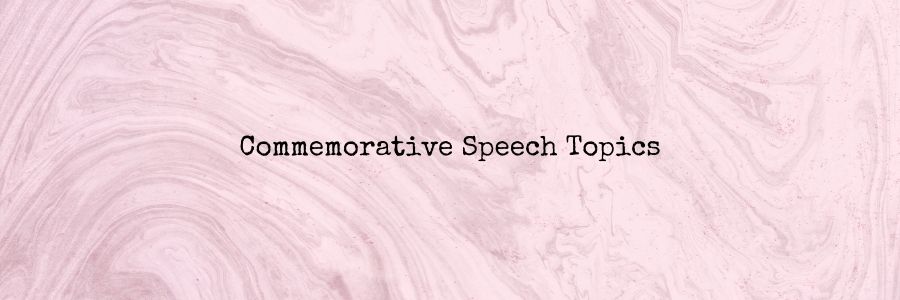Education & Research
-
Are Seasons Capitalized? Grammar Rules You Need to Know
Ever wondered: Are seasons capitalized? If you’re writing an email, blog post, academic paper, or even a social media caption, you might pause and think—should I capitalize spring, summer, fall, or winter? The short answer is: usually no—but there are some important exceptions. In this blog post, we’ll break it down clearly and simply. You’ll learn when to capitalize seasons, when to keep them lowercase, and how different style guides like APA, MLA, and Chicago treat seasonal terms. Let’s clear up the confusion once and for all! Quick Answer: Are Seasons Capitalized? No, the names of seasons—spring, summer, fall (autumn), and winter—are not capitalized in standard writing unless they are…
-
Are Book Titles Italicized? A Complete Guide with Examples
Are book titles italicized? If you’ve ever written an essay, article, or blog post and paused to wonder whether to italicize, underline, or put book titles in quotation marks, you’re not alone. The rules can be confusing—but don’t worry. In this simple guide, we’ll answer your question, explain the rules based on popular style guides like APA, MLA, and Chicago, and show you real-life examples so you always get it right. Let’s dive in. Quick Answer: Are Book Titles Italicized? Yes, in most major writing styles, book titles are italicized when typed. If you’re handwriting, they’re usually underlined instead. ✍️ Example: Correct: I just finished reading To Kill a Mockingbird.…
-
100+ Powerful Examples of Adverbs: Meaning, Types & How to Use Them
If you’ve ever asked yourself, “What is an adverb?” or “Can I get a list of adverbs with examples?”—you’re in the right place. Adverbs are essential parts of speech that help us describe how, when, where, and to what extent an action occurs. In this guide, you’ll learn the definition of adverbs, see clear examples, and discover how to use them correctly in sentences. Let’s dive into the world of adverbs and make your writing more powerful and precise. What Is an Adverb? An adverb is a word that modifies a verb, an adjective, another adverb, or even an entire sentence. It tells us how, when, where, or to what…
-
Dramatic Irony Meaning: A Powerful Tool in Storytelling Explained
What is dramatic irony? If you’ve ever watched a movie or read a book and found yourself yelling at the screen because you knew something the characters didn’t—you’ve experienced dramatic irony. It’s one of the most powerful and engaging literary devices used by writers, filmmakers, and playwrights to create tension, suspense, and emotional connection. In this article, we’ll explore the meaning of dramatic irony, share real-world examples, and explain why it works so well in storytelling. Whether you’re a student, writer, or simply curious, this guide will help you understand this timeless narrative technique. What Is Dramatic Irony? Dramatic irony occurs when the audience or reader knows something important that…
-
Objective vs Subjective Meaning: What’s the Difference? (With Clear Examples)
If you’ve ever found yourself confused between objective and subjective statements, you’re not alone. These two concepts often show up in writing, journalism, science, philosophy, and everyday conversation. Understanding the difference between objective vs subjective meaning can drastically improve how you write, think, and communicate. In this guide, we’ll break down what “objective” and “subjective” really mean, how they differ, and when to use each—plus plenty of real-world examples to help you master both. What Is Objective Meaning? Objective meaning refers to information that is fact-based, unbiased, and verifiable. It’s not influenced by personal feelings, interpretations, or opinions. Objective Characteristics: Can be proven true or false Is based on observable…











